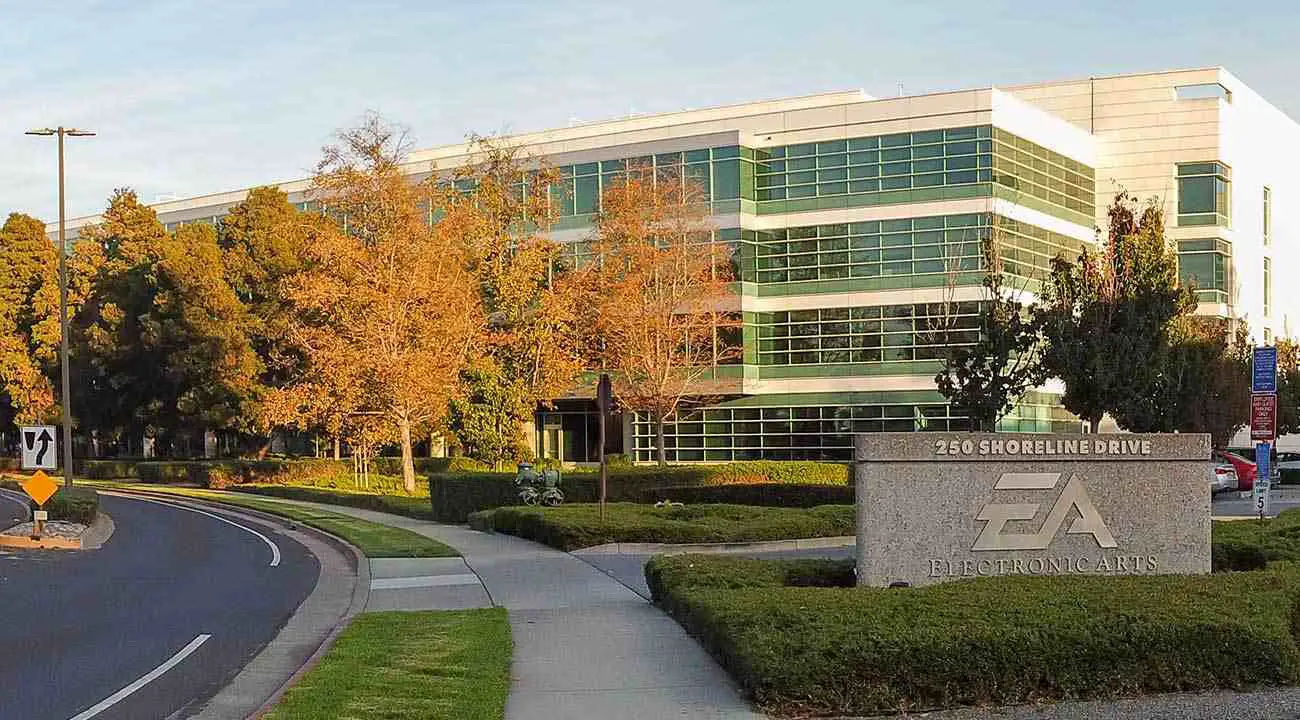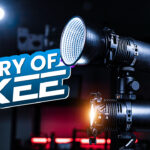Table of Contents
Electronic Arts, Inc. (EA), is an American developer of electronic games for (PCs) and gaming consoles. Founded in 1982 by William M. Hawkins, Electronic Arts (EA) has a product offering that incorporates the mainstream franchises The Sims, Command and Conquer, Battlefield, Mass Effect, Madden NFL, FIFA, and many others. The head office is established in Redwood City, California.
Hawkins had been employed by Apple Inc. After he left, Amazin Software was renamed Electronic Arts. Maybe William never thought EA would eventually be voted the most hated company ever. EA’s titles incorporate an expansive scope of types and game types.
EA Sports, ostensibly the organization’s most grounded division, flaunts Madden NFL and FIFA. In 1997 EA obtained Maxis Software, creators of SimCity, and proceeded with Maxi’s mark for many years as the developer of different series, including The Sims, which in the mid-2000s was the top-of-the-line PC game ever. However, the company’s top management continued to take ruthless decisions, which eventually make EA the most hated company of all time.
Why EA Is So Hated?
In 2013, Readers of Consumerist voted EA Sport as the Worst Company in America consecutively for the second time within two years. Even though the game publisher’s wrongdoings are apparently less considerable than those of their competition, geeks have adequately pronounced that borked SimCity servers are more awful than any other game publisher’s servers.
Whether or not one concurs with EA’s success, clearly gamers truly despise this software giant. Upon thorough analysis, the following seemed somewhat probable causes for all the hatred of millions of gamers from the US and around the world.
Lack Of Creativity In Game Development
EA Sport is horrendously scared of “imagination.” Being innovative means bringing risk, and attempting things that no one has attempted before. EA, in the interim, likes to deliver similar games on whatever number of occasions as could reasonably be expected, seeing exactly how much cash they can drain out of an establishment before the gamers acknowledge they presumably needn’t bother with the “Outrageous Farming” extension for The Sims.
You do not have to look further for a genuine illustration of how indecent Electronic Arts is regarding its absence of unique thoughts. For instance, Goldeneye: Rogue Agent. After grabbing the Bond permit away from Rare and producing an unending parade of deadened shooters, EA at long last chose to simply attempt to fool individuals into intuition they’d created a continuation of the N64 hit. The game did not depend on the film Goldeneye, it was about a fella with a genuine brilliant eye, which has neither rhyme nor reason.
To top it all off, EA doesn’t have the tolerability to perceive when they’ve distributed another deadened piece of crap. Medal of Honor: Warfighter was all around panned by critics, however as opposed to perceiving their disappointment and gain from it, EA executives chose to uproariously whimper about how out of line the scores were.
Is there much else pitiful than a bunch of incredibly wealthy executives crying because reviewers decided their game was dependent on its merits instead of its immense marketing budget? With a sheer lack of creativity EA gradually became the most hated company.
Predatory Acquisition Of Competing Companies
As established, EA detests thinking of novel thoughts, and no place is this clear than their enormous lineup of cutout sports titles. Obviously, who can truly blame them for exploiting those simple-minded creeps who are glad to pay $60 for precisely the same game they purchased a year ago? Having said that, it is quite lamentable to perceive how panicked EA is about their rival party.
That is by large what occurred on account of Sega’s NFL 2K5, a game which was not just hailed as extraordinary compared to other football games, but also sold for $10 less than EA’s most recent Maiden. EA executives called up their mates at the NFL, arranged an exclusive contract, and killed off any contending NFL game, including NFL 2K and NFL Blitz.
In 2012, Electronic Arts revived the NFL Blitz franchise all by themselves, which is quite nauseating when one considers the big picture.
Treating Workers Like Slave Workers
One may contend that EA can’t be blamed just for being acceptable at business, and that point could be accepted. The issue is, Electronic Arts make their staff overwork and pay less. It’s obvious, in America, there is something referred to as “overtime law,” where any employee working more than forty hours in seven days gets paid at 1.5 times their typical rate for those extra hours.
In one way or another, however, EA never got the update about not driving the software engineers to work like sweatshop workers. Erin Hoffman, presumed as the “EA Spouse”, posted in 2004, the scenario of how her husband and other employees of Electronic Giant were treated and forced to work more than 84 hours per week without paying them for those extra working hours. Her standing up prompted three separate lawsuits against EA.
Buying Companies Only To Ruin Them
During the 90s Electronic Arts set about acquiring software developer companies, with the expectations of working with these skilled studios to make incredible programming esteems for the customers. However, what EA really needed was to acquire a lot of effective mainstream franchises, and force them for developing horrible sequels.
It was not like EA was bothered much about the fact since they almost ran Studios like Origin and Westwood into the ground. When the studios were not profitable anymore, EA basically terminated everyone and took whatever money they had made. Everyone wins, besides the engineers who had to stab their dearest creation to death.
Poor Customer Service
EA’s inability to think about their customers was to a lesser degree an issue back in the retail days, however, the move towards digital downloads has constrained customers to communicate with inexperienced customer service representatives.
On the off chance someone buys a $60 item that does not work, the alternative way is to give them a discount. Essentially customers will not get a refund but one may get a spare copy of whatever game EA has calculated that would eventually have minimum impact on their bottom line.
In summary, Electronic Arts resemble most American organizations, their visually impaired ravenous love of cash bringing about a horrendous encounter for the customers. Although we can’t contend that they put out some incredible games from time to time, it’s their horrible strategic policies that are the issue.










Leave a Comment